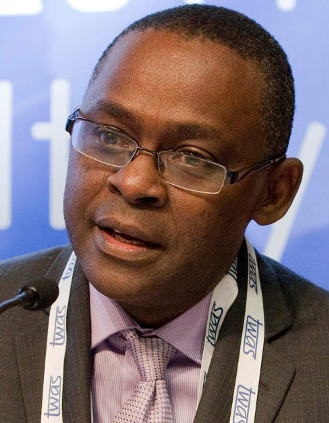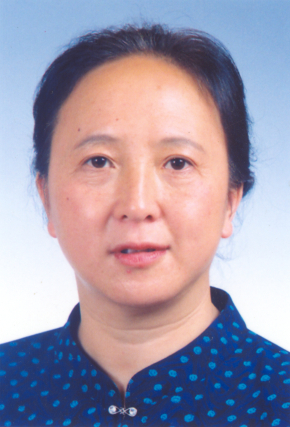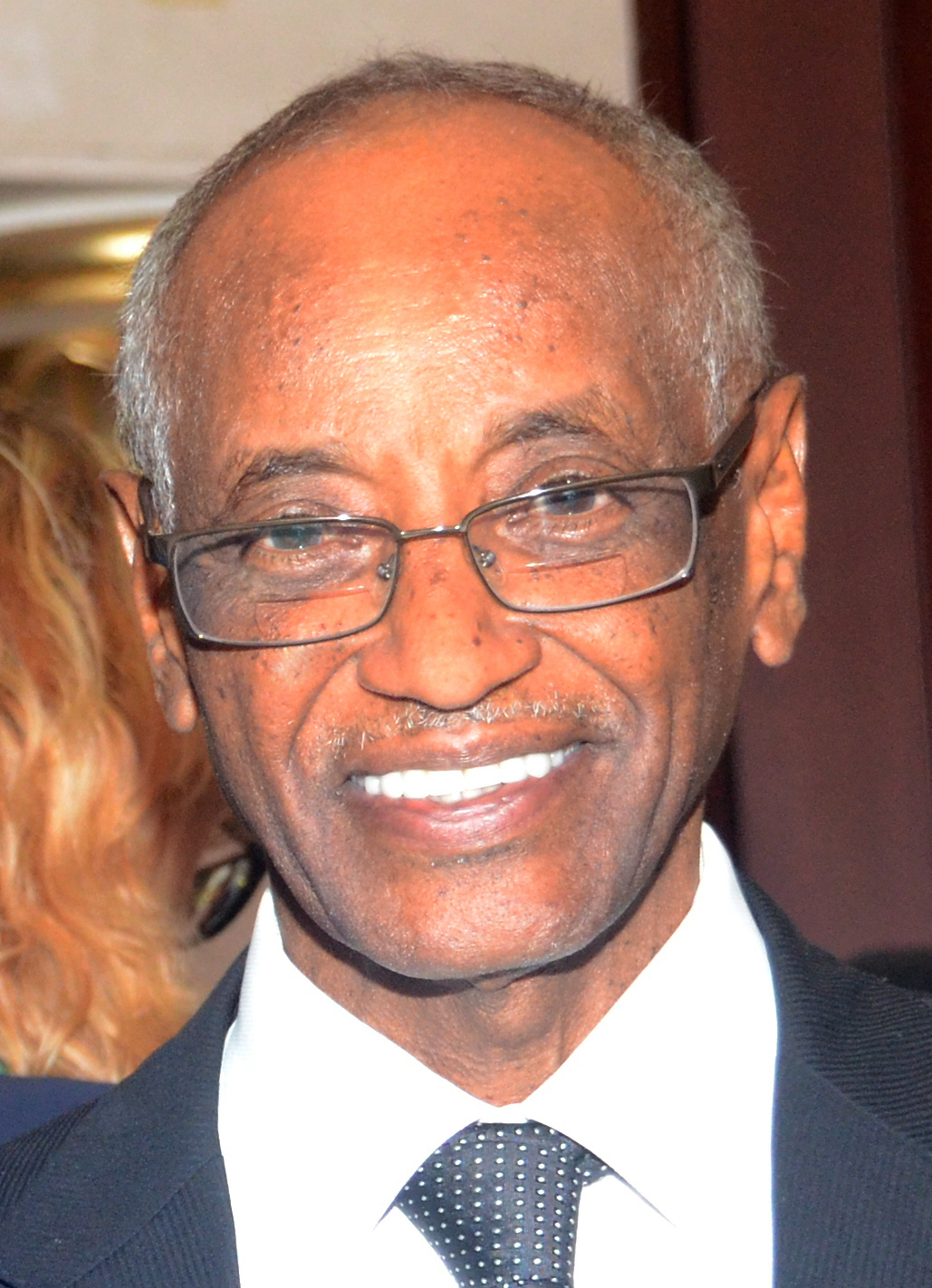United Nations Secretary-General Ban Ki-moon has named TWAS Executive Director Romain Murenzi to head a new high-level panel that will explore how a technology bank could help the world's poorest countries to address challenges such as poverty, biodiversity loss and energy. The 10-member panel has five TWAS Fellows in all, including the leaders of two global organisations that work in close association with TWAS.
 The panel – five women and five men – will prepare practical recommendations on the proposed "Technology Bank and Science, Technology and Innovation Supporting Mechanism". The members include Fang Xin of China (Fellow 2010), president of the Organization for Women in Science for the Developing World (OWSD), and Mohamed H.A. Hassan of Sudan (Fellow 1985), co-chair of IAP, the global network of science academies, and chairman of the Council of United Nations University. Hassan is also TWAS's treasurer and its former executive director.
The panel – five women and five men – will prepare practical recommendations on the proposed "Technology Bank and Science, Technology and Innovation Supporting Mechanism". The members include Fang Xin of China (Fellow 2010), president of the Organization for Women in Science for the Developing World (OWSD), and Mohamed H.A. Hassan of Sudan (Fellow 1985), co-chair of IAP, the global network of science academies, and chairman of the Council of United Nations University. Hassan is also TWAS's treasurer and its former executive director.
"Even modest gains in technology and related tools can bring enormous benefits to Least Developed Countries and their communities," said Murenzi, who formerly served as minister of science, technology and scientific research in Rwanda. "I am honoured by this appointment, and it is certain that my colleagues and I will work diligently to develop recommendations for a practical, high-impact technology bank."
 The proposed bank would serve as a repository for scientific information, as well as a means to connect developing world innovators with resources such as funding, legal support and patent licensing. It would include a system to help LDCs negotiate access to intellectual property rights and provide LDC researchers with better access to scientific literature. It would also create networks to expand LDCs’ horizons beyond their own research communities, and encourage cooperation between developing countries to, for example, run businesses.
The proposed bank would serve as a repository for scientific information, as well as a means to connect developing world innovators with resources such as funding, legal support and patent licensing. It would include a system to help LDCs negotiate access to intellectual property rights and provide LDC researchers with better access to scientific literature. It would also create networks to expand LDCs’ horizons beyond their own research communities, and encourage cooperation between developing countries to, for example, run businesses.
The panel will hold its first meeting in February 2015 and is expected to submit its report to the Secretary-General during the summer of 2015 for transmission to the UN General Assembly. If the General Assembly approves the plans, they may prove to be a key mechanism within the upcoming revamped global development agenda, the Sustainable Development Goals. The current draft of the goals calls for a fully operational technology bank by 2017.
 Other panel members are former United States Assistant Secretary of Commerce Bruce Lehman; Tebello Nyokong (TWAS Fellow 2009), distinguished professor of chemistry and nanotechnology at the Rhodes University, South Africa; Dorte Olesen, professor at the Technical University of Denmark; Posh Raj Pandey, of Nepal, the executive chairman of South Asia Watch on Trade, Economics and Environment; former Prime Minister of Haiti Michèle Duvivier Pierre-Louis; Firdausi Qadri (Fellow 2011), director of the Centre for Vaccine Sciences at the International Centre for Diarrhoeal Disease Research in Bangladesh; Hakan Karatas, the director of international cooperation at the Scientific and Technology Research Council of Turkey; and Gyan Chandra Acharya, the UN Under-Secretary-General and High Representative for the Least Developed Countries, Landlocked Developing Countries and Small Island Developing States.
Other panel members are former United States Assistant Secretary of Commerce Bruce Lehman; Tebello Nyokong (TWAS Fellow 2009), distinguished professor of chemistry and nanotechnology at the Rhodes University, South Africa; Dorte Olesen, professor at the Technical University of Denmark; Posh Raj Pandey, of Nepal, the executive chairman of South Asia Watch on Trade, Economics and Environment; former Prime Minister of Haiti Michèle Duvivier Pierre-Louis; Firdausi Qadri (Fellow 2011), director of the Centre for Vaccine Sciences at the International Centre for Diarrhoeal Disease Research in Bangladesh; Hakan Karatas, the director of international cooperation at the Scientific and Technology Research Council of Turkey; and Gyan Chandra Acharya, the UN Under-Secretary-General and High Representative for the Least Developed Countries, Landlocked Developing Countries and Small Island Developing States.
The World Academy of Sciences for the advancement of science in developing countries – TWAS – works to advance sustainable prosperity through research, education, policy and diplomacy. TWAS was founded in 1983 by a distinguished group of scientists from the developing world, under the leadership of Abdus Salam, the Pakistani physicist and Nobel Prize winner. Today, TWAS has some 1,150 elected Fellows from 90 countries; 15 of them are Nobel laureates. Through more than three decades, its mission has focused on supporting and promoting excellence in scientific research in the developing world and applying scientific and engineering research to address global challenges. TWAS receives core funding from the Government of Italy. The United Nations Educational, Scientific and Cultural Organization (UNESCO) administers TWAS funds and personnel.
OWSD and IAP are hosted by TWAS on the campus of the International Centre for Theoretical Physics (ICTP) in Trieste, Italy.
Sean Treacy

